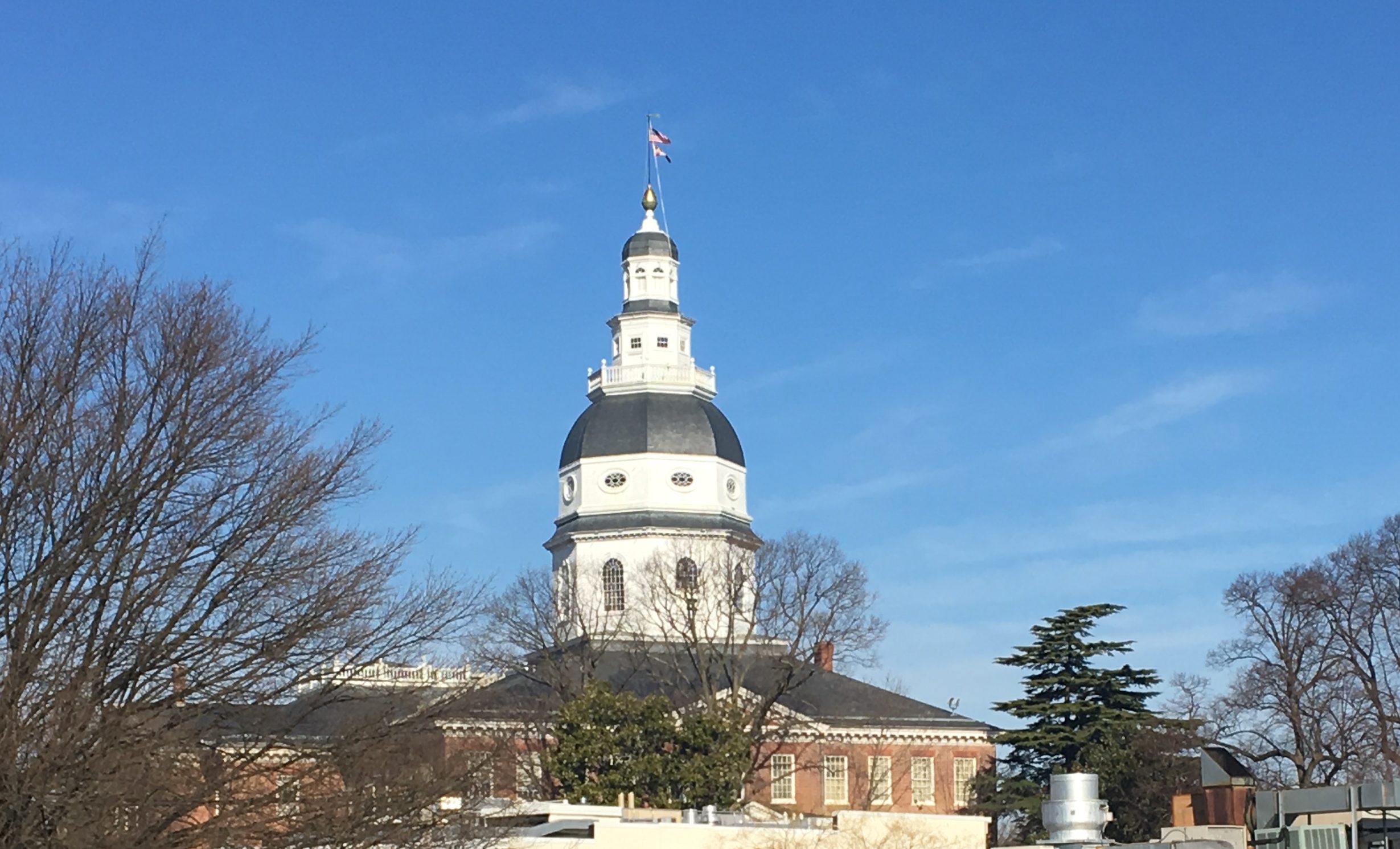Raskin leads effort to recognize Banned Books Week
By JOSIE JACK
WASHINGTON – Rep. Jamie Raskin, D-Maryland, and Sen. Brian Schatz, D-Hawaii, introduced a bill Wednesday calling for the national recognition of Banned Books Week, which is Oct. 1-7, and the condemnation of banning books in school libraries.
The bill recommends that local governments and schools “protect the rights of students to learn and the ability of educators and librarians to teach” and calls for upholding the First Amendment but does not include a unified national protocol for dealing with book bans.
“You know, the proper response to hating a book in a free society is you don’t read the book,” Raskin said at a Capitol Hill press conference Wednesday.
The bill, which has 40 co-sponsors in the House and 15 in the Senate, echoes bills the lawmakers introduced in the last session of Congress but neither measure passed.
Instances of book banning increased by 33% from the 2021-2022 school year to the 2022-2023 school year, according to the nonprofit PEN America. Books such as “The Bluest Eye” by Toni Morrison and “Gender Queer: A Memoir” by Maia Kobabe repeatedly have been targeted by critics. Many titles that receive so-called requests for review involve themes of race, sexuality, and sexual abuse.
Between July 1, 2022, and June 30, there were 3,362 instances of book banning in public libraries and in schools, according to PEN America.
Florida accounted for 40% of the book bans. The top states where book bans were instituted were Texas, Utah, Missouri, and Pennsylvania.
The Senate Judiciary Committee earlier this month held a hearing on book bans, where senators and five witnesses discussed balancing the freedom of speech of parents and taxpayers with those of students, teachers, and librarians. The hearing also examined book ban policies at the state and local levels.
The debate did not include the introduction of federal policies on book bans nor a tangible, federal solution. Sen. John Kennedy, R-Louisiana, asked witnesses Cameron Samuels, a student at Brandeis University and co-founder of Students Engaged in Advancing Texas, and Illinois Secretary of State Alexi Giannoulias to provide a clear solution; neither did.
“The discussion we’ve been having… for me, it’s a little too conceptual, or I don’t know, metaphysical,” Kennedy said.
The federal government has not passed legislation to create a unified procedure on book bans. Book ban and review policies and decisions are currently made at the local government level.
On June 12, Illinois passed a law that makes libraries that ban books ineligible for state-funded grants. It is the first state in the country to take such action and could pave the way for future federal legislation.
“It’s my hope that other states, that others may look toward Illinois and see the value in adopting our legislation as a model to stop banning books in its tracks and to protect the right to read freely without fear of retribution,” Giannoulias said at the legislation’s signing.

Capital News Service is a student-powered news organization run by the University of Maryland Philip Merrill College of Journalism. With bureaus in Annapolis and Washington run by professional journalists with decades of experience, they deliver news in multiple formats via partner news organizations and a destination Website.

